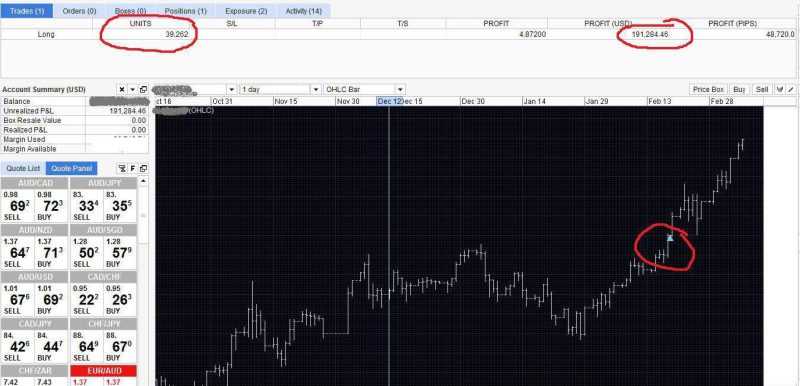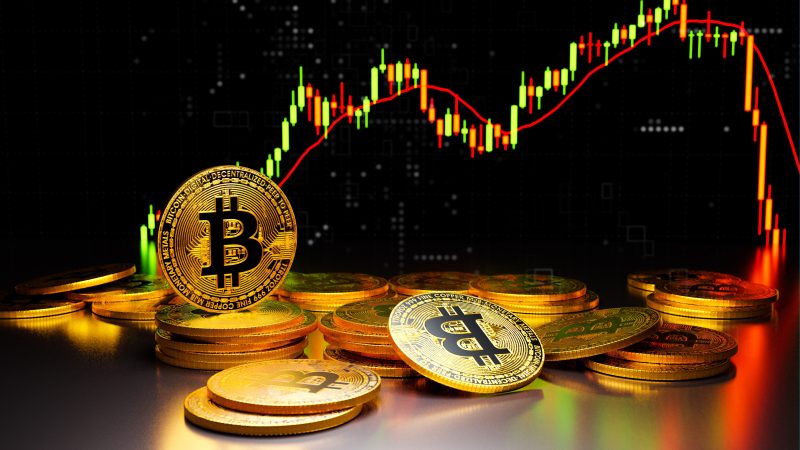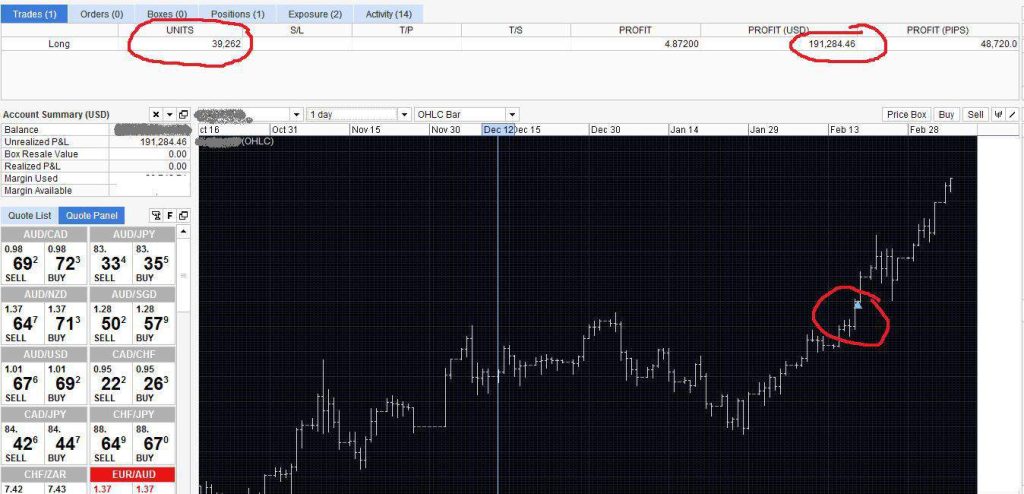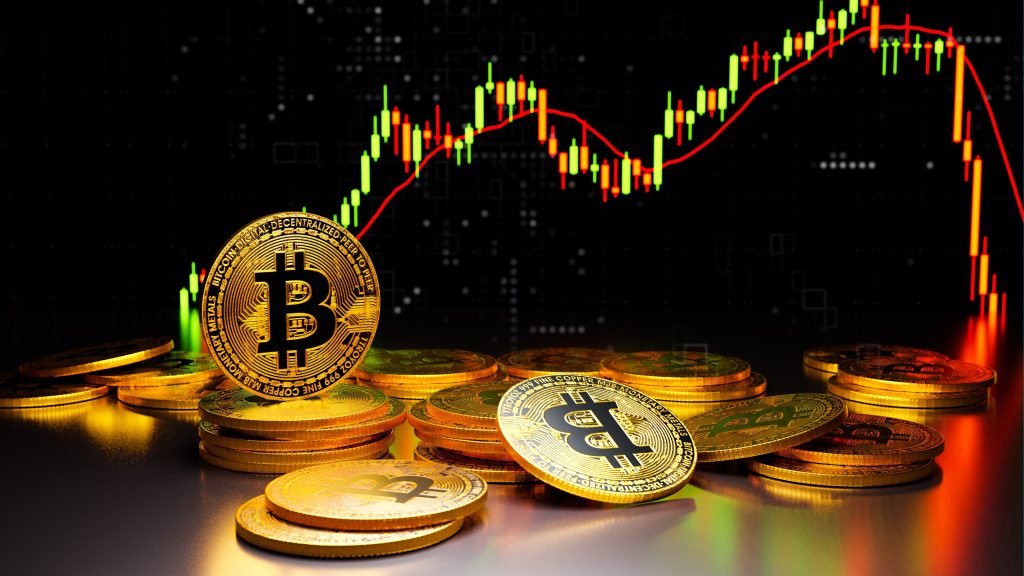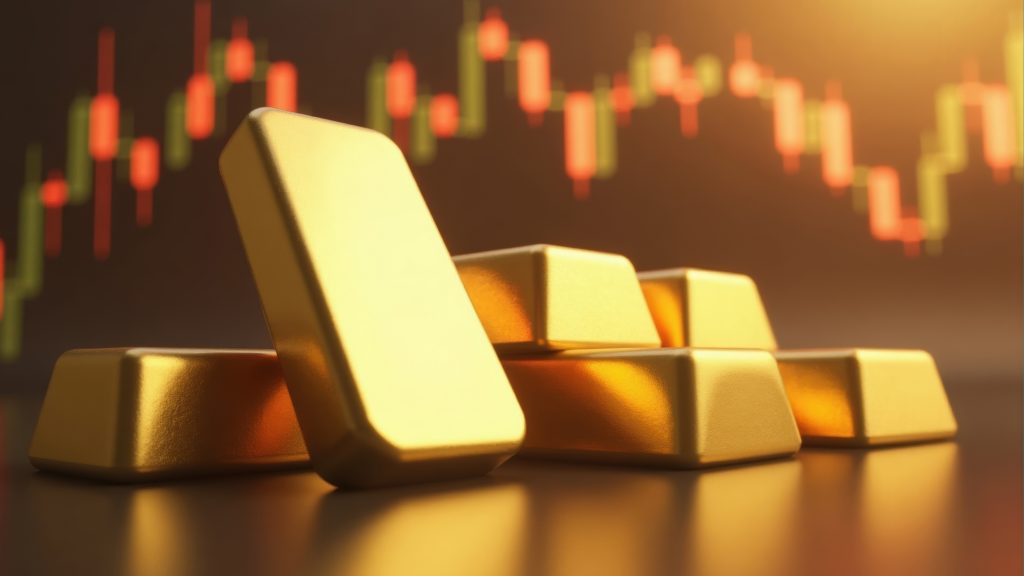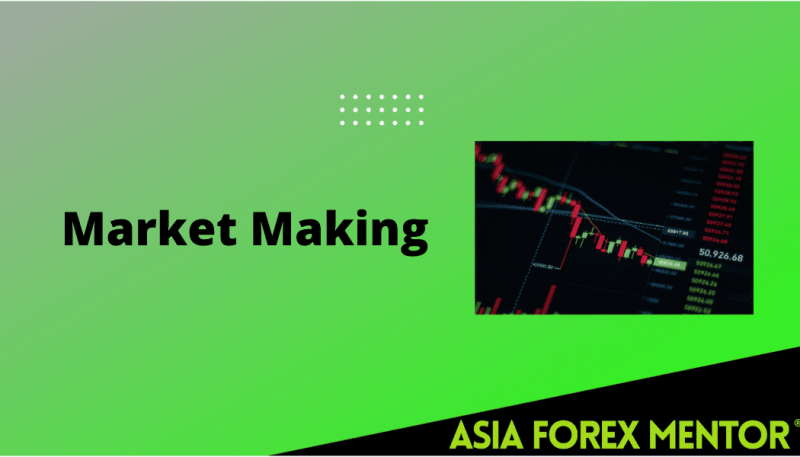
A market maker is a person or broker-dealer who trades shares on a stock exchange for their own account. Market makers earn money by keeping stock of shares across the trading day and by collecting the difference between a security's bid and ask prices.
Market makers come with substantial capital and make money by supplying liquidity to the broader market. By ensuring that traders can always buy or sell, they are “making the market,” thus the term “market maker.” Market makers can take a variety of shapes.
While exchanges or issuers employ others to sustain orderly trading and guarantee traders can purchase or sell easily, some traders trade their own accounts for profit. Market makers minimize their directional risk by placing an order on both aspects of the market.
Also Read: Throwback Trading on Stock Market
Contents
- What Is A Market Maker?
- How Does Market Making Work?
- How Market Makers Make Profit?
- Market Makers Vs. Experts
- Who Engages In Market Making?
- Bottom Line
- FAQs
What Is A Market Maker?
A company or individual is referred to as a market maker if they actively quote two-sided markets for a specific security by providing asks and bids as well as the market size for each.
Market makers contribute liquidity and depth to markets and make money from spreads between the bid/ask prices. They could also execute principal trades or trades for their own accounts.
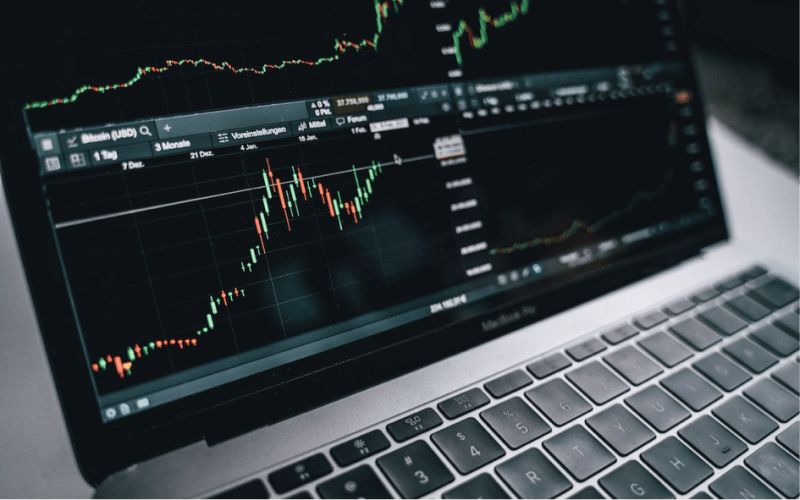
Nowadays, the majority of exchanges run online and let different people and organizations make markets in a specific stock. As a result, there is more rivalry because more market makers profit is putting in bids and asking for the same security. As a result, market depth and high liquidity are produced, which is advantageous to both retail traders and institutions.
How Does Market Making Work?
Market makers provide a stock's bid-ask spread at the same time. If a trader desires to execute at that price, the financial market maker trades must accept that offer once it has been posted. Thus, traders benefit from a reliable ecosystem because they can see through level 2 quotations how many orders are placed at different prices.
Market makers will buy/sell the same underlying stock numerous times throughout the day. A market maker's activities will generate a profit by successfully selling shares at a slightly higher average price than what they were bought at.
How Market Makers Make Profit?
Market makers earn profits in two ways:
Gathering The Spread
s. Assume a company's stock is trading at $10 per share. A market maker may place a bid to buy 1,000 shares at $9.90 and a sell bid price at $10.10. When both orders are filled, the market maker will have purchased 1,000 shares at $9.90 and sold them at $10.10, earning a profit of 20 cents per share ($200).
Taking on Stock
Buying inventory is a significant additional revenue stream for market makers. Market makers frequently build up a sizable position in equity when there is an imbalance in the supply or demand of a stock. Market makers frequently buy when there is panic selling after a bad news announcement, for instance, as the crowd rushes to immediately sell the stock.
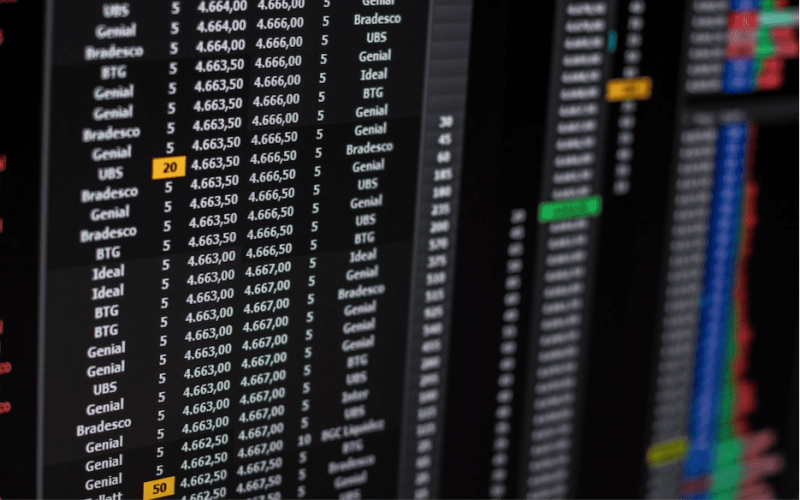
The market maker can slowly sell the inventory at better prices once things have calmed down, making a profit in exchange for their willingness to assume the risk during the panic selling.
Market Makers In The New York Stock Exchange
The Dedicated Market Maker is the foundation of the new york stock exchange market model (DMM). DMMs are required to keep their assigned financial markets fair and orderly. They work both manually and electronically to help price discovery during market opens and closes and during timeframes of trading disparities or instability. This high-touch method is essential for providing the best prices, reducing volatility, increasing liquidity, and increasing value.

DMMs base their judgment on their market knowledge, versatile trading conditions, macroeconomic news, and industry-specific intelligence. DMMs are an invaluable resource for our community of listed companies because they provide insights while committing capital, upholding market integrity, and assisting in price discovery.
Market Makers Vs. Experts
A system of market makers is employed by many exchanges, with each participant competing with the others to establish the best bid or offer in order to secure the business of incoming orders. But some have a specialized structure in place, such as the NYSE.
The specialists effectively control the order flow in a specific asset or securities and act as lone (and designated) market makers. Investors forward bids and ask in a competitive manner since the NYSE is an auction market.
The experts post these bids and request that the entire market view them to guarantee that they are reported accurately and promptly. Additionally, they guarantee that the best price is constantly maintained, that all marketable exchanges are carried out and that the floor is kept in order.
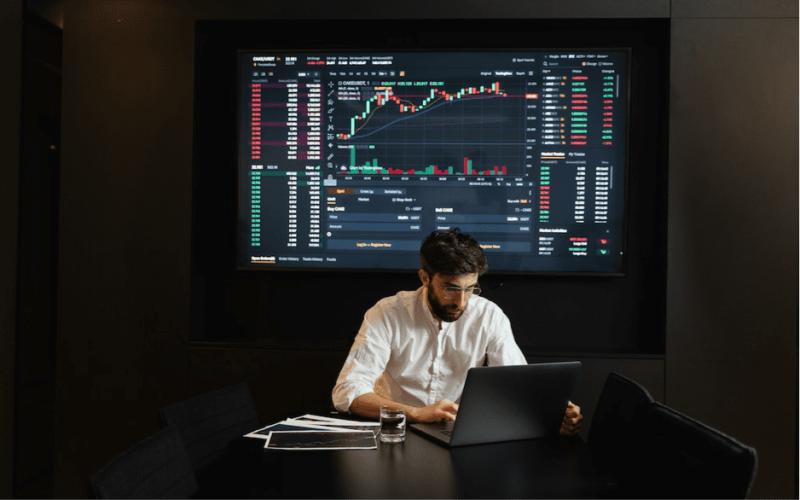
Each morning, the experts must also determine the stock's opening price, which may vary from the following day's closing price depending on news and events that occurred after market hours. An expert uses supply and demand to establish a reasonable market price.
Also Read: What Is Money Market Hedge?
Who Engages In Market Making?
Every time a trade is executed, market participants interact with the market. A buyer and a seller representing the opposing sides of the trade will be involved in every transaction.
Trades can be made with any of the market's available assets, and traders can alternate between buying and selling. In addition to placing orders, traders may also interact with the market in other ways. Traders frequently use markets to check asset prices or submit orders that don't immediately result in transactions.
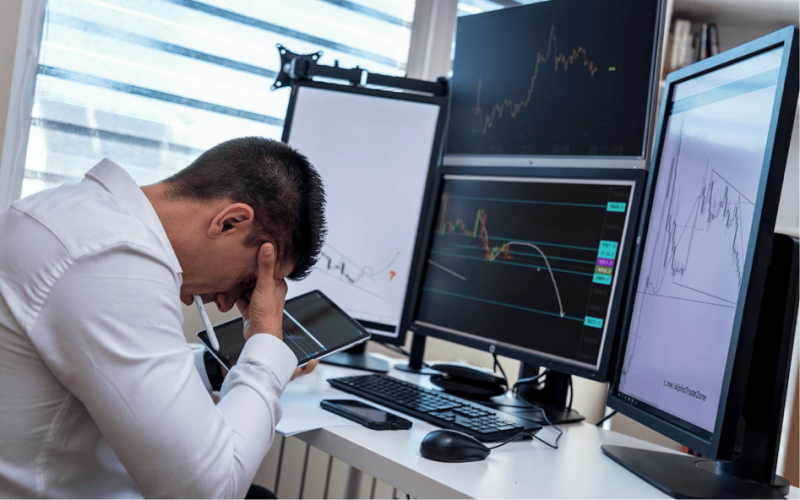
The market itself is a crucial player in markets. Both controlled and decentralized markets exist. Markets for Cryptocurrency and other products and services can be found on many decentralized exchanges. Markets need structure, openness, and trust, and centralized markets frequently function more efficiently than decentralized ones.
Most significant marketplaces are owned and governed by a business in charge of the logistics involved in running the market to attain this. The trust issue when trading with such an unidentified counterparty is resolved since the market owner is accountable for ensuring everyone receives the assets to which they are legally entitled.
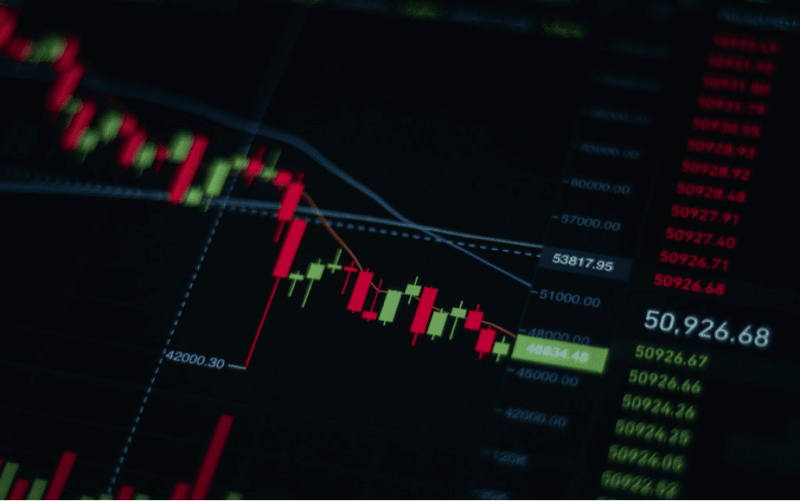
The market owner also acts as a platform for traders to make orders and level of sustainability with market data.
Bottom Line
Market makers lessen the problem of bid-ask spreads by keeping open orders to buy and sell the same asset simultaneously. Market makers will always pay less for the asset than they are willing to pay to sell it, taking advantage of the current spread. A significant number of offsetting trades that profit off the spread is the end for market makers. By reducing the spread and boosting market liquidity, the market maker's presence also benefits other market participants.
Unlike many traditional traders, the market maker typically anticipates making money based on market mechanics rather than an investment strategy that anticipates the growth of the financial assets held. Market makers are typically large financial institutions and must have a significant amount of liquid assets at all times.
FAQs
What Is The Meaning of Market Making?
Making a market involves preparing to trade security with a counterparty by putting forth a firm offer to buy and bid to sell. Market makers accept orders from buyers and then sell securities from their stock to fill the order after displaying buy and sell references for a preset number of shares.
What Is An Example of A Market Maker?
A typical example of a market maker is a securities and exchange commission that offers real estate investors solutions for purchases and sales. It is essential for keeping the real estate market liquid.
Why Is Market Making Important?
Market makers usually are major financial institutions. This helps assure adequate market liquidity, which means the trading is large enough that all transactions can easily happen. The market maker will not have much liquidity at the moment.
Is Market Making Legal?
It's legal. This law is essential to the stability of capital markets. Retail investors cannot purchase and sell stock in the absence of professional buying or selling experts.





